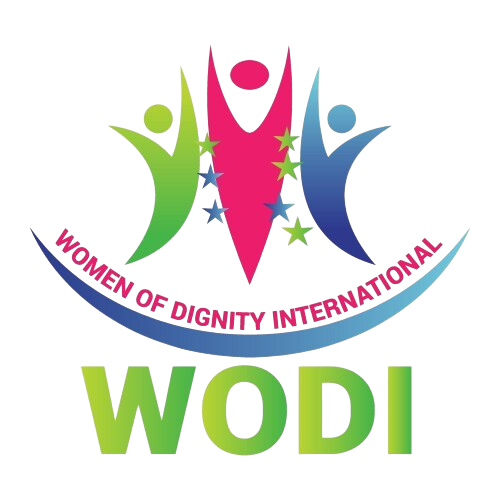Community Engagement Strategies for Promoting Women’s Rights

Community Engagement Strategies for Promoting Women’s Rights
Promoting women's rights through community engagement requires a multifaceted approach that involves education, advocacy, collaboration, and empowerment. Here are some effective strategies:
1. Education and Awareness Campaigns
• Workshops and Seminars: Organize events to educate the community about women's rights issues, including legal rights, health, and gender equality.
• Informational Materials: Distribute brochures, flyers, and online content that highlight women's rights and resources available in the community.
2. Collaboration with Local Organizations
• Partnerships: Collaborate with local NGOs, women’s groups, and community organizations to amplify efforts and share resources.
• Coalitions: Form coalitions to strengthen advocacy efforts and create a united front for women’s rights.
3. Empowerment Programs
• Skill Development: Offer training programs focused on leadership, financial literacy, and vocational skills to empower women economically and socially.
• Mentorship Programs: Connect young women with mentors who can provide guidance, support, and networking opportunities.
4. Advocacy Initiatives
• Lobbying Efforts: Engage in lobbying local government officials to promote policies that protect and advance women's rights.
• Public Campaigns: Utilize social media and traditional media to raise awareness about specific issues affecting women in the community.
5. Community Dialogues
• Focus Groups: Host focus group discussions to understand the specific needs and concerns of women in the community.
• Town Hall Meetings: Organize open forums where community members can discuss women’s rights issues and propose solutions.
6. Involvement of Men and Boys
• Engagement Programs: Create programs that involve men and boys as allies in promoting gender equality and challenging harmful stereotypes.
• Educational Workshops: Conduct workshops aimed at educating men about the importance of women's rights and their role in promoting equality.
7. Art and Cultural Initiatives
• Art Exhibitions: Use art to express and communicate issues surrounding women's rights, encouraging community reflection and dialogue.
• Theater and Performance: Organize performances that highlight women’s stories and struggles, fostering empathy and understanding.
8. Utilizing Technology
• Social Media Campaigns: Leverage platforms like Facebook, Instagram, and Twitter to spread awareness and mobilize support for women’s rights initiatives.
• Online Resources: Create websites or online forums where women can access information about their rights, support services, and community events.
9. Support Services
• Resource Centers: Establish centers that provide legal assistance, counseling, and support services for women facing violence or discrimination.
• Hotlines: Set up confidential hotlines for women to report abuse or seek help without fear of stigma.
10. Monitoring and Evaluation
• Feedback Mechanisms: Implement systems to gather feedback from the community on the effectiveness of programs and initiatives aimed at promoting women's rights.
• Impact Assessment: Regularly assess the impact of community engagement strategies to refine approaches and ensure they meet the needs of women effectively.
Conclusion
Engaging the community in promoting women's rights is essential for creating lasting change. By implementing these strategies, communities can foster an environment that values equality, supports women's empowerment, and addresses gender-based injustices effectively.
